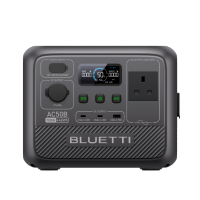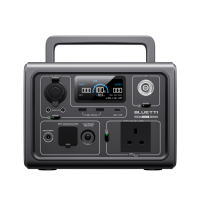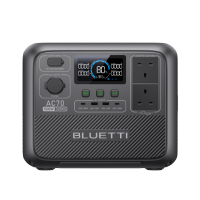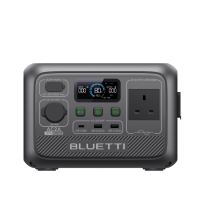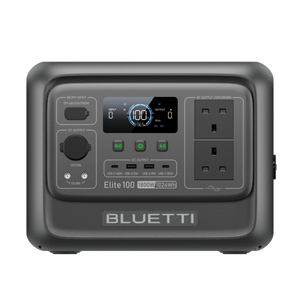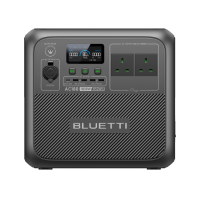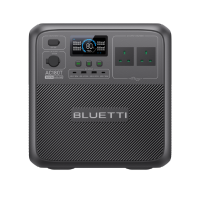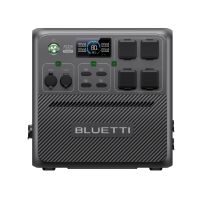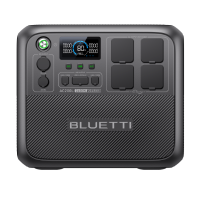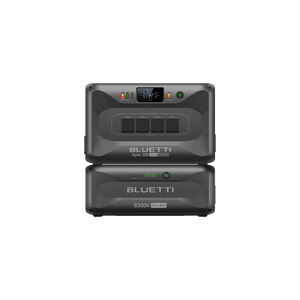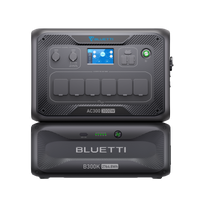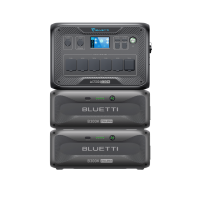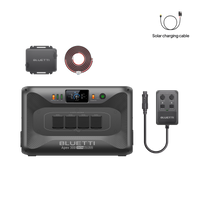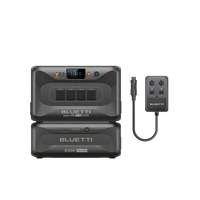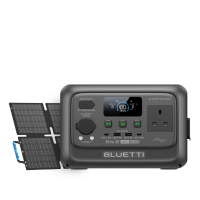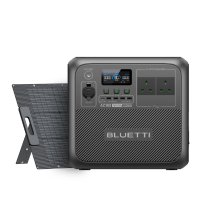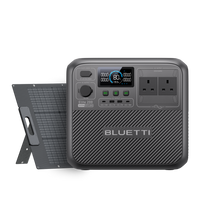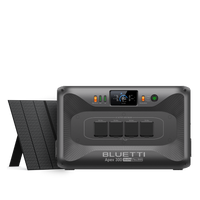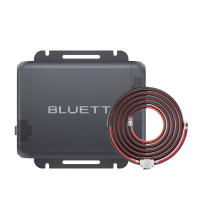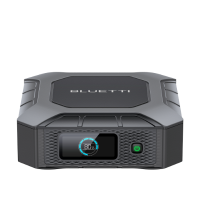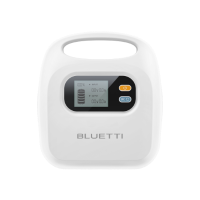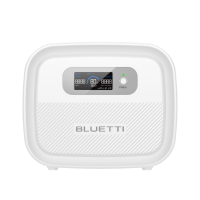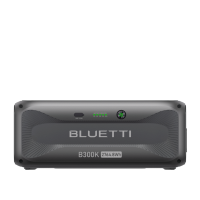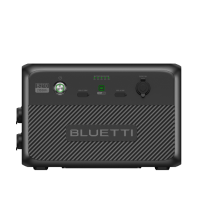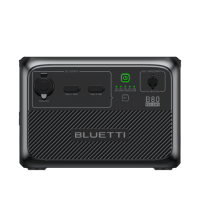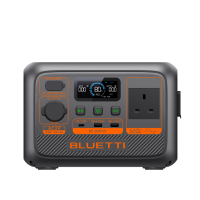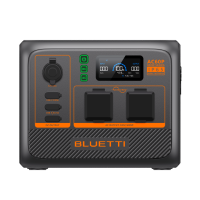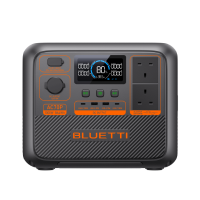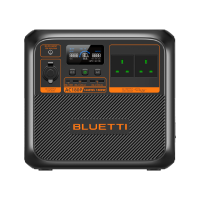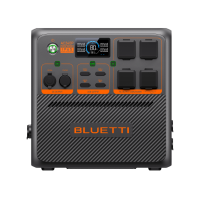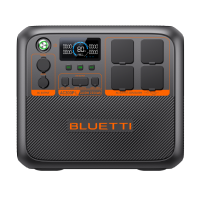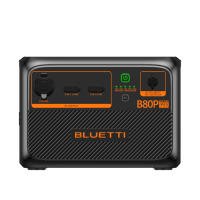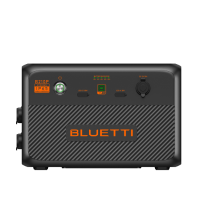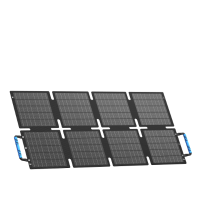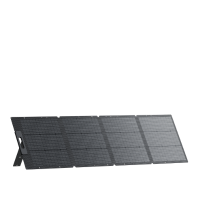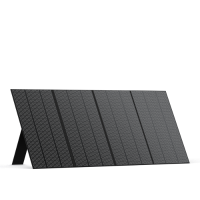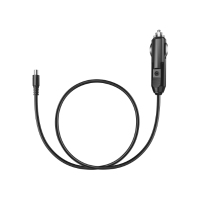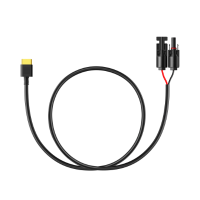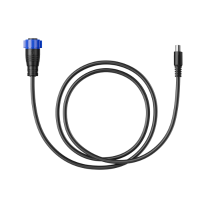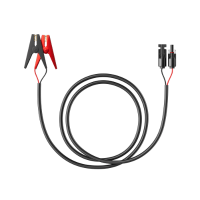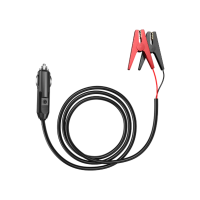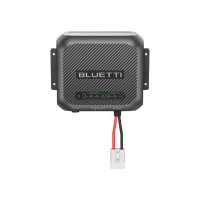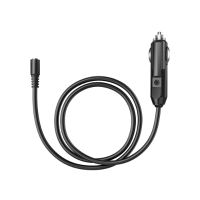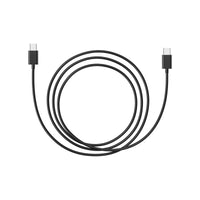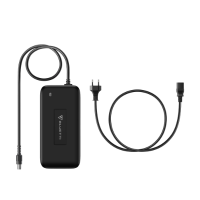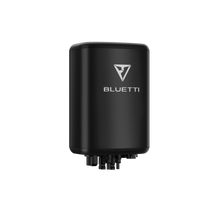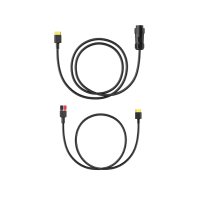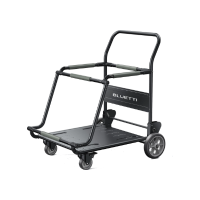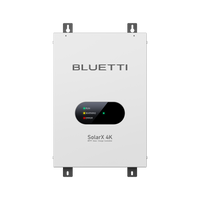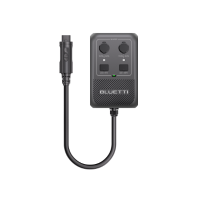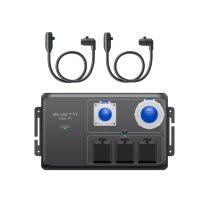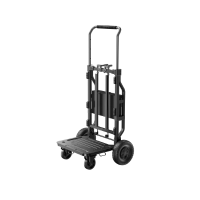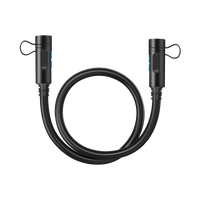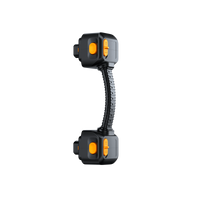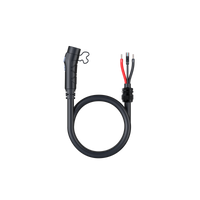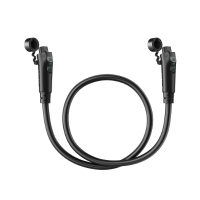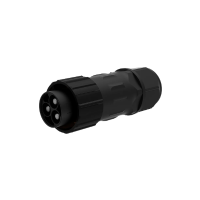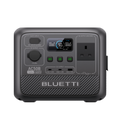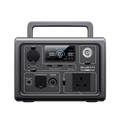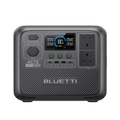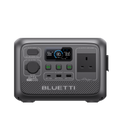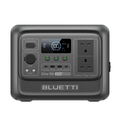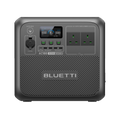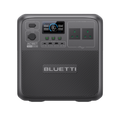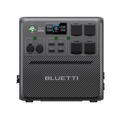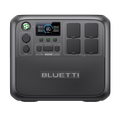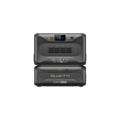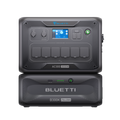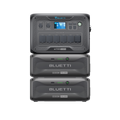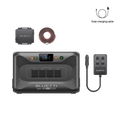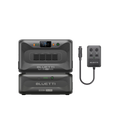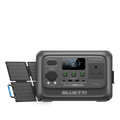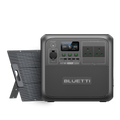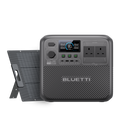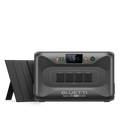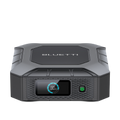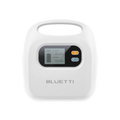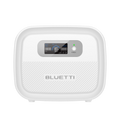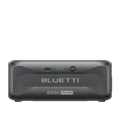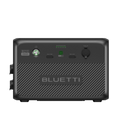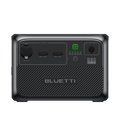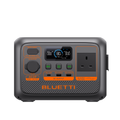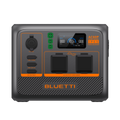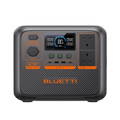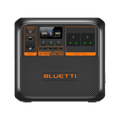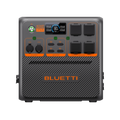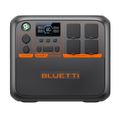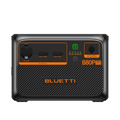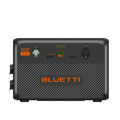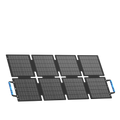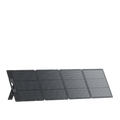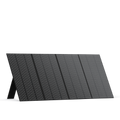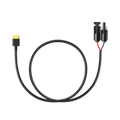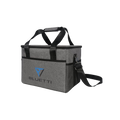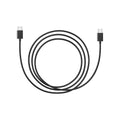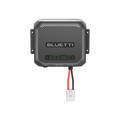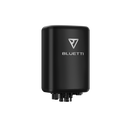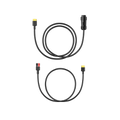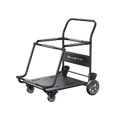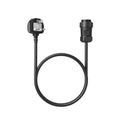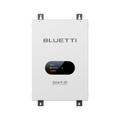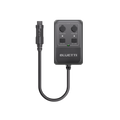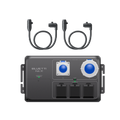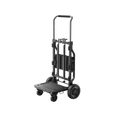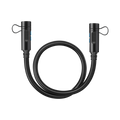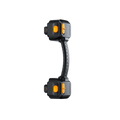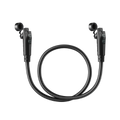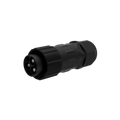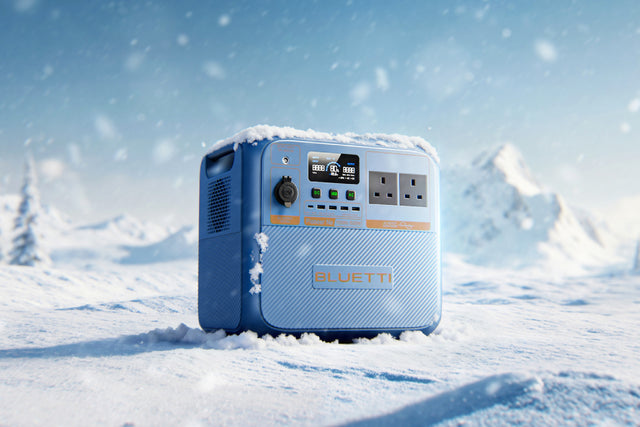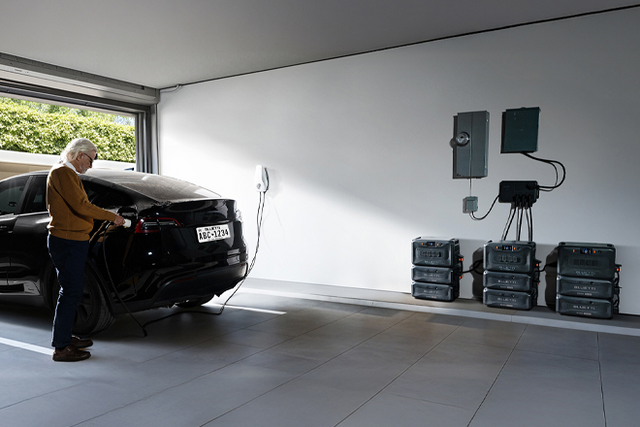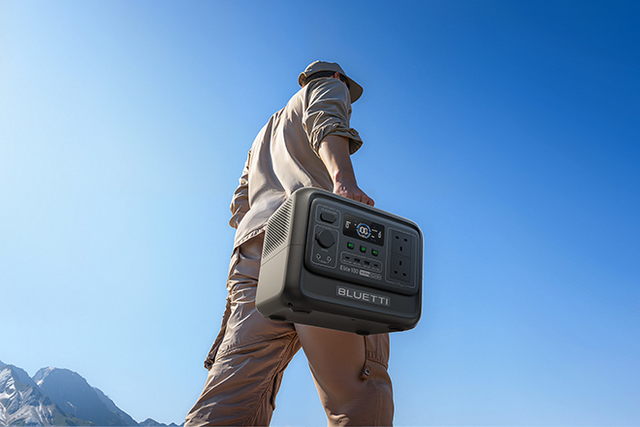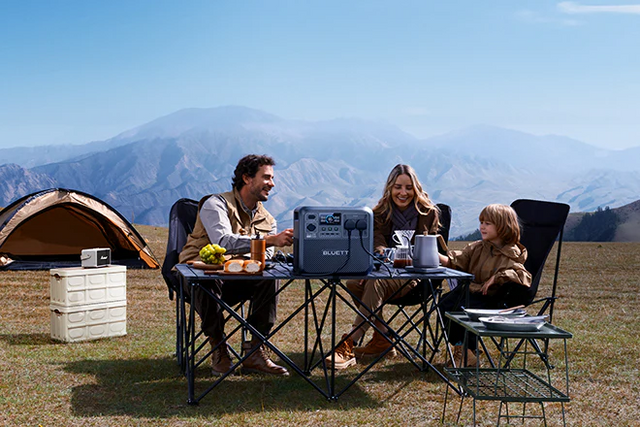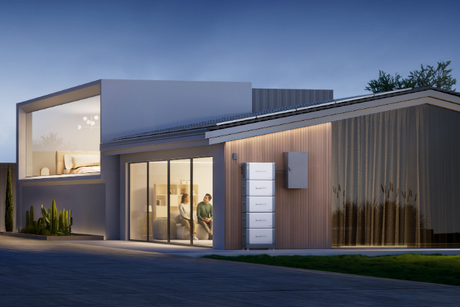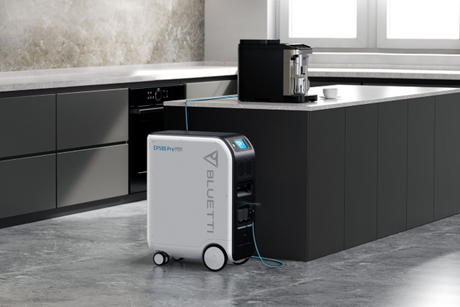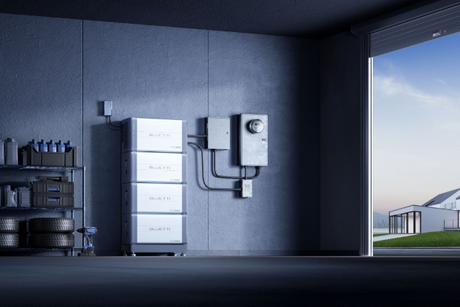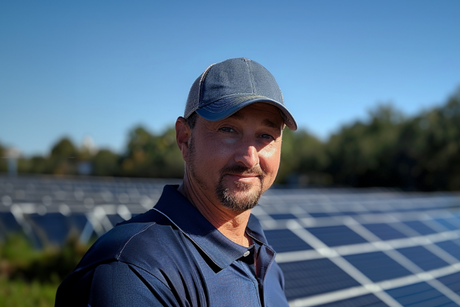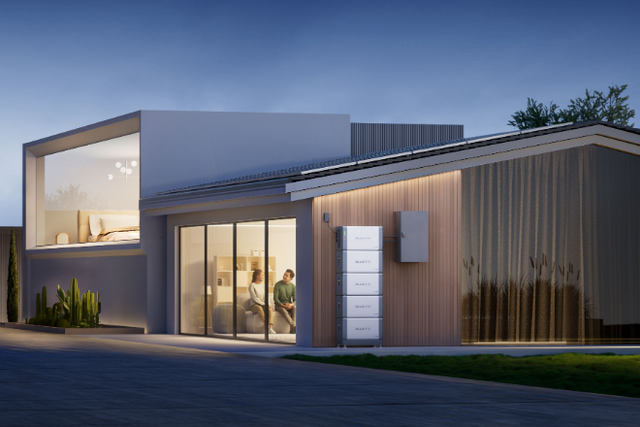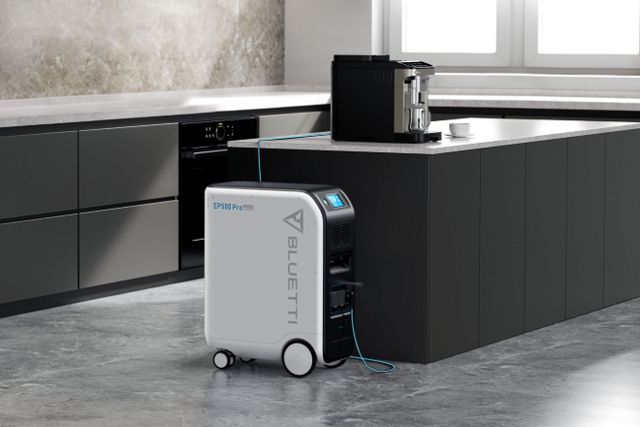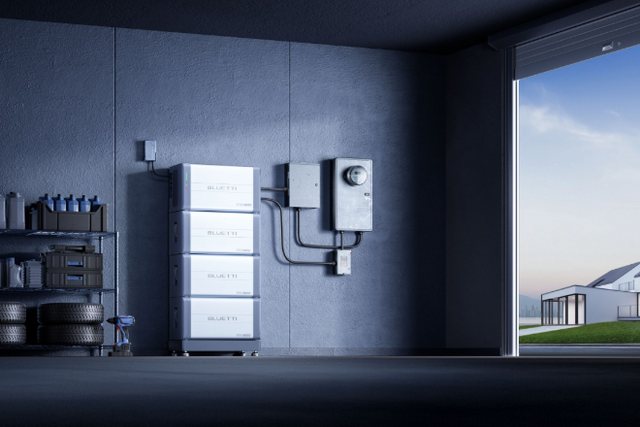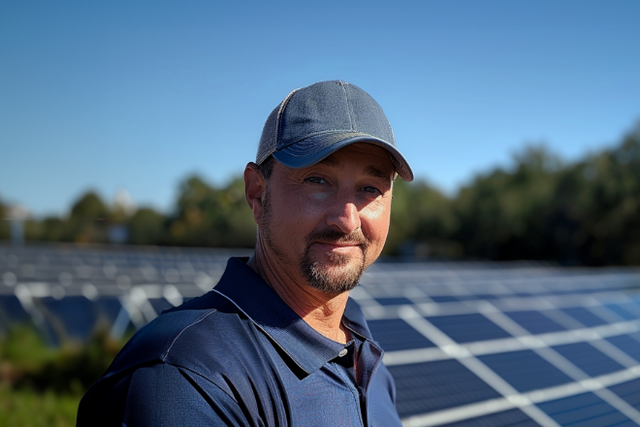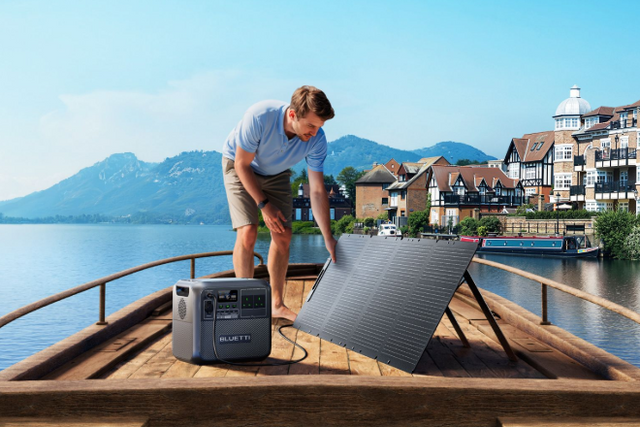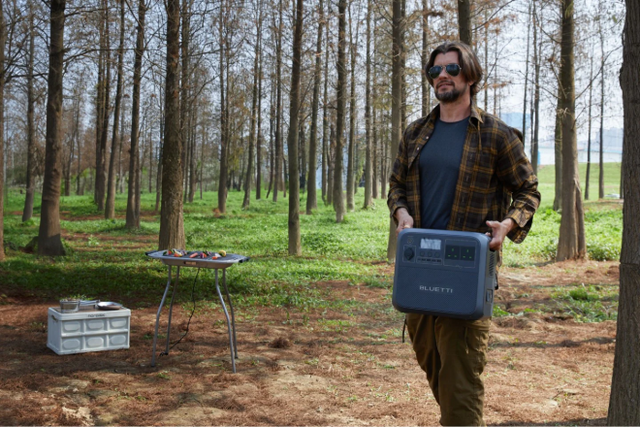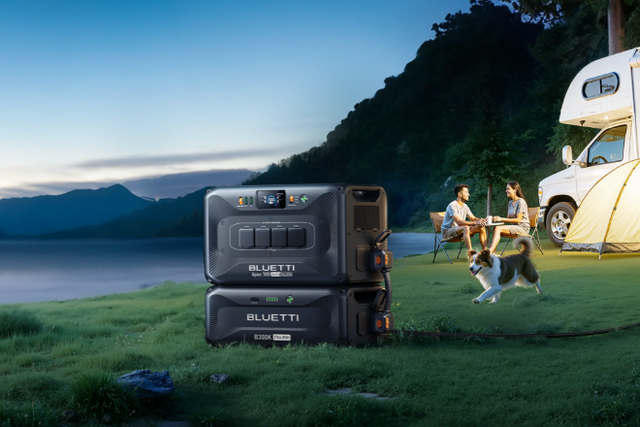Have you ever thought about what type of generator is suitable to keep your home running during a power outage and what size generator do i need? If you are trying to find the right size generator, you are at the right place. Powering your home is not just about the size of your house; it's also about matching the power needs. Generators come in various sizes, but the one you need depends on the power requirements of your household.
In this article, we'll discuss how to calculate your home's energy needs, the types of generators available, and provide practical advice for selecting the right size of generator. Whether you're preparing for an emergency or you just want to stay contented during power outages, knowing what size generator you need, will help keep your lights on and appliances running smoothly.
Importance of Choosing the Right Size of Generator to Run A House
Are you also wondering what size generator do I need to run a house and why it is important? Let’s learn the beneficial outcomes of having the right size of generator:
Reliable power supply
The right size of generator supplies the necessary amount of electricity needed for running your appliances and other electronic goods. If the size is too small, your appliances won't get enough power. This happens because the voltage drops, slowing down the electricity flow, which can cause operational problems. The correct generator ensures all your devices work well by giving them the right amount of electricity they need.
Cost-effective
Oversized generators require a high initial cost, consume excess fuel, and demand a higher cost of maintenance, which increases the overall costs. Conversely, a generator that's the right size for your home's requirements proves more economically efficient and boasts low operational expenses.
Avoids damage to equipment
An undersized generator straining to power larger devices results in equipment stress, which results in the equipment making loud noises, overheating, and clogging due to poor filtration. Also, overheating of generators poses fire risks, while overuse of low-wattage generators significantly shortens their lifespan, leading to parts failures, frequent repairs, and breakdowns.
Frequency of Power Outage
If you have more frequent power outages, you'll need a larger and portable home generator to ensure an uninterrupted power supply, and if outages are rare, a smaller generator is enough. More frequent outages strain smaller generators, which can cause damage and inconveniences. Larger generators handle extended outages better, providing the needed power for essential appliances and comfort during extended blackouts. Ultimately, the frequency of power outages influences the generator size needed, with more frequent outages leading to larger, more robust generators being needed to meet the power needs of a home.
How Big is Your House?
A large house requires more power, so a more significant generator is necessary to cover all appliances and maintain comfort during outages. Let's explore some of the factors that affect the size of the generator your home needs:
The wattage of common home appliances
To get the right size of generator, you need to calculate the starting as well as running wattage of appliances in your home. Here's a table with the list of common home appliances and their estimated power requirements:
|
Home appliances |
Estimated starting wattage (in watts) |
Estimated running wattage (in watts) |
|
Refrigerator |
800 – 1800 |
100 - 500 |
|
Microwave |
1000 – 1500 |
600 - 1200 |
|
Television |
100 – 500 |
100 - 500 |
|
Air conditioner |
1200 – 3500 |
800 - 1500 |
|
Electric water heater |
3000 – 4500 |
3000 - 4500 |
|
Dishwasher |
500 – 1500 |
200 - 1500 |
|
Laptop/ Computer |
300 – 800 |
300 - 800 |
|
Lights (LED) |
10 – 60 |
10 - 60 |
|
Washing machine |
1000 – 2000 |
500 - 1000 |
Starting Wattage and Running Wattage
Starting wattage and running wattage describe how much electrical power appliances need when they begin operating and when they're running normally. Starting wattage is the extra power required for a brief moment when appliances kick into action. This initial surge is often higher than their continuous running wattage. Running wattage, on the other hand, is the steady power needed to keep the appliance operating once it's running. For example, a refrigerator might need 1200 watts to start but only 150 watts while running. Understanding how to get the right wattage for your appliances will ensure that your generator works perfectly.
How to Calculate the Load?
To calculate the total electrical load for your home, you need to add up the starting and running wattage of every appliance and device you intend to power simultaneously during outages. Here's how to do it; before proceeding, it is important to note that using all the appliances at the same time isn't necessary. For instance, shutting down the refrigerator to use other appliances for a few hours is good power management. Begin with the following points:
- Start by making a list of all the appliances you plan to connect to your generator during an outage.
- Next, find the starting and running wattage values for each appliance. This information can usually be found on the appliance's label or in its manual. If not, you can use estimated values, as discussed earlier.
- If the power requirements of an appliance are listed in amperes (amps), you can calculate the wattage by using the formula: Watts = Amps x Volts.
- Then, you can add up the running and starting wattages for all the appliances on your list to get an approximate idea of the total power requirement.
- Adjust your usage patterns to reduce the final power requirement. Make sure to cover the surge power needs of some devices, especially heavy-duty appliances. Run them at times when they are the only load on the generator to prevent overloading.
Types of Generators
Now you know the frequency of power outage, size of your home, and how to determine the power load for each appliance you’re using. So, let’s explore the types of generators and find out which one is suitable for your house.
There are different types of generators with their specific functions. Here are the three major types of generators;
Portable generator

A portable home generator is like a mobile power source that's compact and can be easily moved. Portable generators are particularly useful during natural disasters when your home's regular power goes out. It runs on gasoline or propane, and it supplies electricity for various activities, such as camping trips and outdoor events. Additionally, it's frequently used in residences and small businesses like shops and construction sites, to power tools and maintain operations during power outages.
Standby generator

When there's an outage, standby generators automatically turn on and provide electricity to your whole house, just like the normal power. It's a reliable backup to keep your lights, appliances, and heating or cooling systems working during longer outages. It is often used in high-end places like hospitals, hotels, apartments and commercial business establishments.
Inverter generator

Inverter generators are clever devices that generate alternating current (AC) power. They convert AC to DC using a rectifier and then switch it back to AC which provides steady current to appliances. Unlike regular generators, it's quiet and fuel-efficient which makes it perfect for camping or as a backup power source. It produces steady and clean electricity, ensuring your devices remain safe.
BLUETTI AC500 B300s: Your Reliable Home Power Backup Solution

The BLUETTI AC500 B300s is an advanced home battery backup system. It stores a large amount of energy, like a giant rechargeable battery, with a capacity of 5000 watt-hours from solar panels or the electricity grid. It combines lithium iron phosphate (LiFePO4) battery technology for safety and longer life span. The BLUETTI AC500 B300s has different types of plugs to charge devices, like regular household appliances, phones, and more. It's great for keeping your home running during power outages or when you're off the grid. You can power lights, appliances, and all your essential gadgets for a long time with it. It offers a reliable solution for backup power.
Features of BLUETTI AC500 B300s
Here are some of the key features of BLUETTI AC500 B300s:
- Stores Up to 18432Wh: The Bluetti AC500 B300S can store up to 18432 watt per hours of energy which gives an extended period of power during outages or off-grid situations.
- Quick Charge: The Bluetti AC500 B300S can charge fully from 0% to 100% in 80 mins. This feature ensures that your devices charge rapidly, saving you time and ensuring your devices are ready when needed.
- Expansion Battery: You can add extra batteries to increase the system's capacity, which in turn provides even more backup power for your needs.
- LiFePO4 Battery: The lithium iron phosphate battery used is known for its durability, safety, and stable performance, making it a reliable energy storage solution.
Size of Generator for A Whole House
5kW generator
A 5kW generator produces 5,000 watts of electricity. It's suitable for powering basic household items like lights and a fridge during a power outage. It is also useful in construction sites in powering multiple tools.
6.5 kW generator
A 6.5kW generator can handle a bit more, including a fridge, lights, and a small air conditioner. This is suitable for a small family with a limited amount of family appliances.
8kW generator
The 8kW generator provides even more power and can run larger appliances, like a fridge, lights, an air conditioner, and a TV. It's ideal for a comfortable home backup power supply.
Final Words
Choosing the portable home generators is vital. To find the ideal size, calculate your total power needs, including appliances, lighting, and heating/cooling systems. Typically, a 5kW - 8kW generator is suitable for most households.
BLUETTI, a trusted brand in power solutions, offers the BLUETTI AC500 B300s model, which excels at maintaining your appliances and devices operational during power interruptions. It's crucial to ensure the generator's capacity matches your specific energy needs to power your home effectively during power outages.


